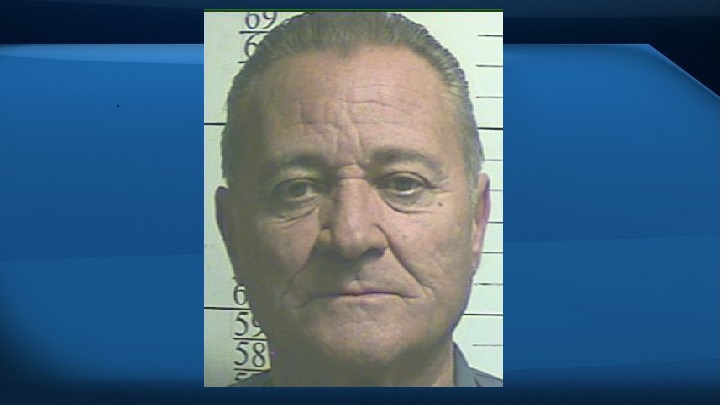Saskatchewan’s Justice Minister Don Morgan says the province rules preventing certain sexual offenders from changing their names are expected to take effect in February. This would make Saskatchewan the first jurisdiction in Canada to outright ban name changes for certain sexual offenders, according to Morgan.

“A number of other jurisdictions required criminal record checks and then provided that information to the police services,” Morgan said.
“We wanted to take it a step further and outright prohibit it, so if somebody was moving to a different area or different neighbourhood, communities would be better served if they know who those people were and they weren’t able to hide behind a name change.”
Morgan told Global News that cabinet will approve an order in council in the next few weeks to make the regulation change official. Then eHealth will be in charge of implementing the change. Morgan does not expect the recent ransomware attack at eHealth to delay things.
“We’ve got an enumerated list of about 22 charges, that if you have a conviction in anyone of those, you would be prohibited from changing your name,” Morgan said.
“The first step is when you apply for a name change you would give a criminal record check, if anything shows up you would be required to provide finger prints and a more exhaustive search would be done.”
The list of charges focuses on sexual offences involving children and vulnerable adults. Other offences on the list relate to incest, child pornography and bestiality.

This comes after the Regina Leader-Post reported on Tuesday that a Canadian man changed their name after being released from prison in the United States.

Get breaking National news
On December 20, 2019, David Donald Shumey changed his name to David Donald Stryker, one day before his 76th birthday.
Stryker was the subject of an 88-count child pornography and sexual assault case in Las Vegas in 1999. The then 57-year-old plead guilty and received a 20-year prison sentence.
According to the Las Vegas Sun, the incidents took place in 1996 and 1997, when Styker was babysitting a girl who was aged seven to eight-years-old at the time.
The child pornography was discovered in July 1998, when a maintenance worker at a motel where Striker was living found a photo album hidden in an air conditioning vent.
- ‘I couldn’t stop crying’: Memorial grows for 5-year-old boy killed in home
- Associate of Frenchman on trial for mass rape admits to copycat abuse
- Arrests in Canada part of global takedown of criminal messaging app: police
- 6 cult leaders convicted of forcing kids to work unpaid or face ‘eternal hellfire’
The Vegas paper described Stryker as an illegal Canadian immigrant, who had been living in the United States under various aliases for at least 30 years.
Stryker pleaded guilty on June 2, 1999, and ultimately received a 20-year to life prison sentence. He was released on parole on July 28, 2018.
According to the Saskatchewan Gazette, Stryker now lives in Regina.
Morgan said this case actually wouldn’t be affected by the forthcoming regulations, because they currently only have access to Canadian police databases.
Morgan first told Global News the province was looking into restricting convicted criminals from changing their names in 2018.
This includes Justin Gryba, who has served time twice for child pornography related cases, legally changed his name to Justin Pasloski.
Morgan said it was drafting the planned regulations was a difficult process as it involved both the justice and health ministries, nothing like it exists in Canada and they did not want to impede people looking to change their name for legitimate reasons.
The minister said there about 1,000 name changes each year in Saskatchewan.
-With files from Dave Giles and Meaghan Craig






Comments